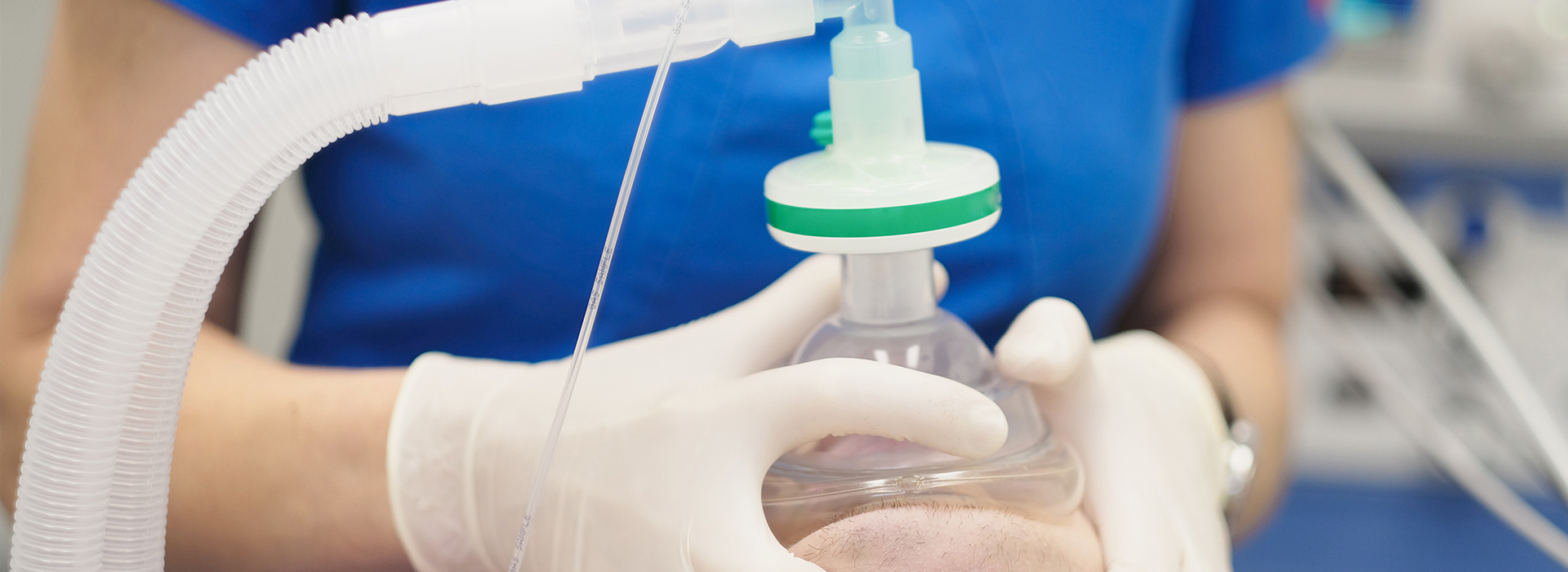What is Sedation Dentistry?
For many people, dental anxiety can be a significant barrier to receiving necessary dental care. Sedation dentistry is designed to help patients feel calm, relaxed, and at ease during their procedures. There are several types of sedation available, each tailored to the level of comfort needed.
- Nitrous Oxide (Laughing Gas): This mild form of sedation is inhaled through a mask and helps you relax during the procedure. The effects wear off quickly, allowing you to resume normal activities and even drive yourself home afterward.
- Oral Sedatives: For a deeper level of relaxation, oral sedatives can be prescribed. These medications provide light to moderate sedation, and many patients find they have no memory of the procedure. If you receive an oral sedative, you'll need someone to drive you home afterward.
- IV Sedation: For patients who need a deeper level of sedation, IV sedation may be recommended. This option is administered through an intravenous line and requires careful monitoring of vital signs throughout the procedure. Since the effects can last for several hours, patients will need someone to drive them home.
Benefits of Sedation Dentistry
Sedation dentistry offers numerous advantages, including:
- Enhanced Relaxation: If you experience fear or anxiety at the dentist, sedation helps you remain calm and relaxed, allowing for a more comfortable experience.
- Multiple Procedures in One Visit: With sedation, dentists may be able to perform multiple procedures in a single appointment, reducing the need for additional visits.
- Improved Preventative Care: Sedation dentistry helps patients who have previously avoided dental visits due to anxiety, making it easier for them to receive regular checkups and preventive treatments.
Are You a Candidate for Sedation Dentistry?
Sedation dentistry is a safe and effective option for most healthy adults. You may be a good candidate if you:
- Experience significant dental anxiety or fear
- Have difficulty sitting still for long periods
- Have a strong gag reflex that makes dental procedures uncomfortable
Before recommending sedation, your dentist will review your medical history and ensure that sedation is appropriate for your specific needs.

